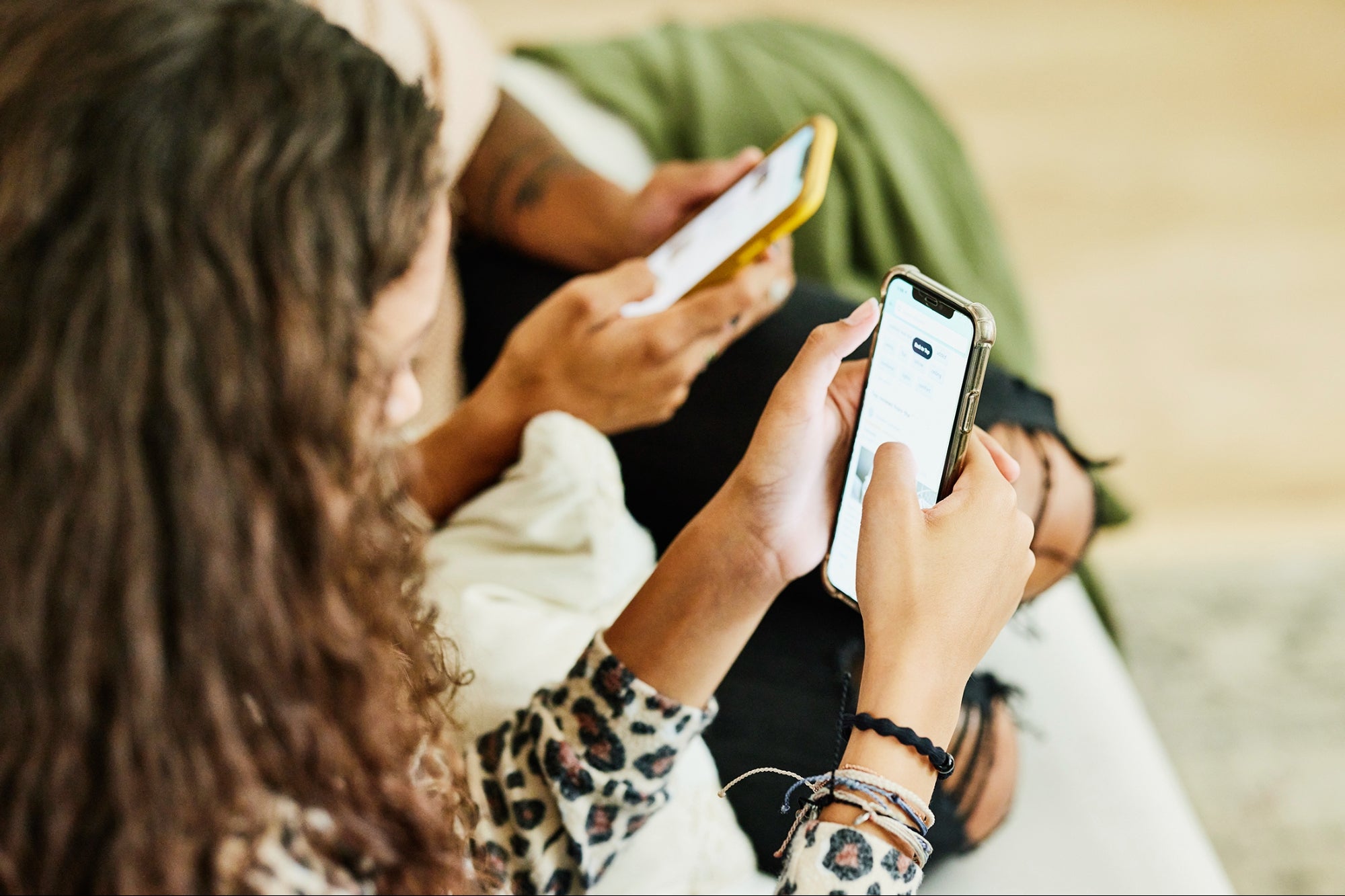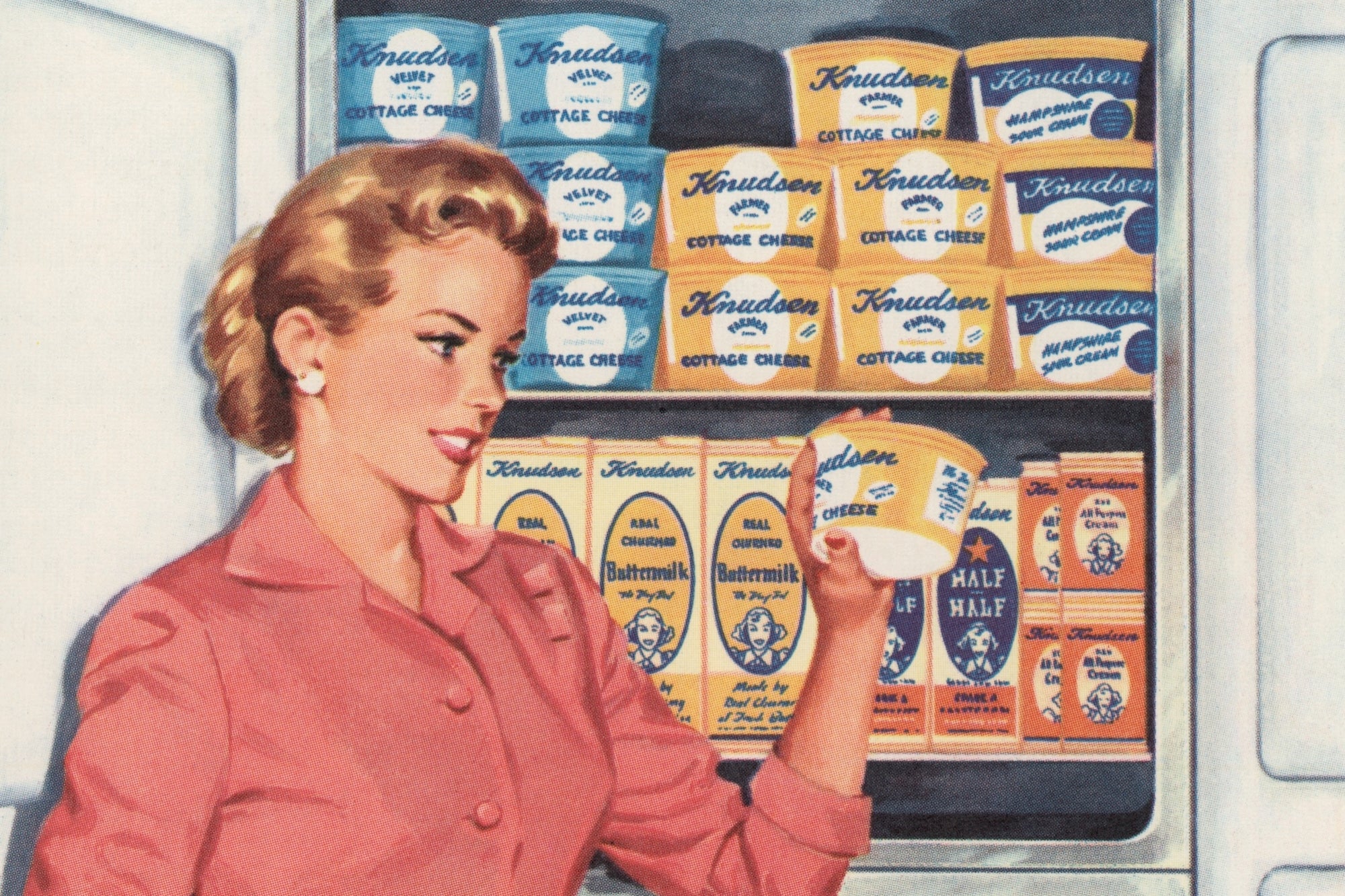The 5 Biggest Twitter Marketing Fails of 2012 A look at the mistakes of some of the biggest brands, and what you can learn from them.
Opinions expressed by BIZ Experiences contributors are their own.
Social media marketing can be hard to master. When done right, it can strengthen your brand value and ideally even your bottom line. When done wrong, it can alienate consumers and thrash your reputation.
Here's a look at five of the worst corporate mistakes over Twitter this year, and what other business owners can learn from them:
January 18: McDonald's hashtag gone wrong. McDonald's (@McDonald's) created the #McDstories hashtag on Twitter to inspire customers to share personal stories about their favorite McDonald's moments. What McDonald's didn't bargain for was that customers would share both good and bad stories. And share they did -- everything from allegedly crunching on fingernail clippings in Big Macs to getting food poisoning. The fast food mammoth yanked the #McDstories campaign only two hours after launching it, but a quick search on Twitter shows that the hijacked hashtag still goes on strong.
Lesson: You can't control what consumers will say using your hashtag, and they can be hijacked by negative comments that can never be taken back.
Related: What to Do When Customers Get Mean on Social Media
January 27: Snickers gets caught paying for celebrity tweets. Marketers from Snickers' U.K. branch (@SnickersUK) were hungry for retweets when they hired British model and reality TV start Jordon (aka Katie Price) to tweet about topics she likely would never normally tweet about, including Eurozone debt and China's gross domestic product. Jordan followed up her rash of out-of-character tweets with a message about feeling like herself again thanks to Snickers. The stunt left many of Jordan's followers reeling for thinking her Twitter account had been hacked.
Lesson: Pranking consumers in clever ways can draw attention to your brand, but usually not the right kind.
February 5: Toyota Camry drives away potential drivers. The Japanese car giant created nine Twitter accounts to get the word out about the new Camry during the Super Bowl. Toyota (@Toyota) then tweeted -- in this case, spammed -- unsolicited messages about a Camry giveaway contest to anyone using a Super Bowl-related hashtag. The ensuing consumer backlash prompted Toyota to close all its "The Camry Effect" promotional Twitter accounts and issue an apology.
Lesson: Impersonal mass marketing tweets can alienate customers. Stick to unique, personalized messages that engage consumers one-on-one.
Related: 5 Tips for Talking About Politics on Social Media
October 3: KitchenAid cooks up a half-baked political tweet. On this day, KitchenAid's Twitter feed (@KitchenAidUSA) wasn't about cooking with the company's famous kitchen appliances. It was about politics. After Barack Obama mentioned his late grandmother during a presidential debate earlier that evening, the person running KitchenAid's Twitter feed tweeted an insensitive comment about her and his campaign. The individual responsible for the inappropriate tweet was relieved of his duties and the company was forced to clean up the mess.
Lesson: Your social media manager should adopt a tone that reflects your company's image and keep his or her personal (and political) opinions out of your social media marketing.
October 29: Retailers' Hurricane Sandy sale slip-ups. During the storm, Urban Outfitters (@UrbanOutfitters) tweeted: "This storm blows (but free shipping doesn't)! Today only...bit.ly/S8fADV #frankenstorm #ALLSOGGY" An email promoting the sale included an image of Frankenstein with the word "Frankenstorm" on it. American Apparel, The Gap and Sears got in on the Sandy storm sale action on Facebook and Twitter, too. Angry reactions to these inappropriate sales still continue on Twitter.
Lesson: Attempting to make money on and exploit others' suffering in times of crisis can cause serious backlash. Just don't do it.










